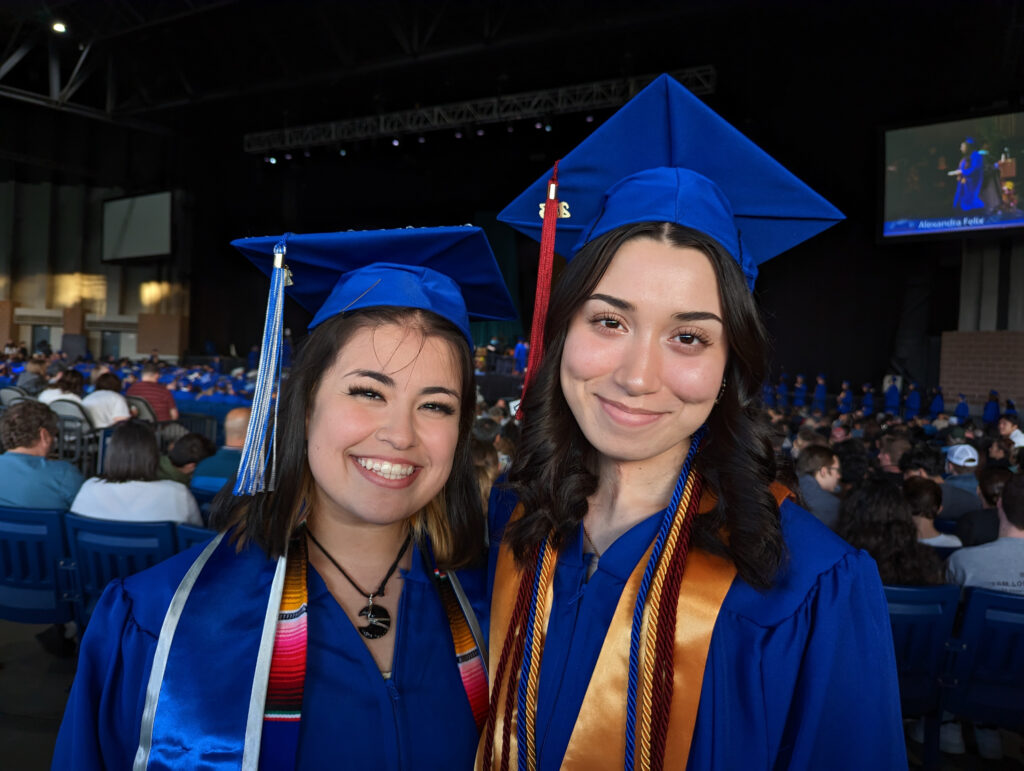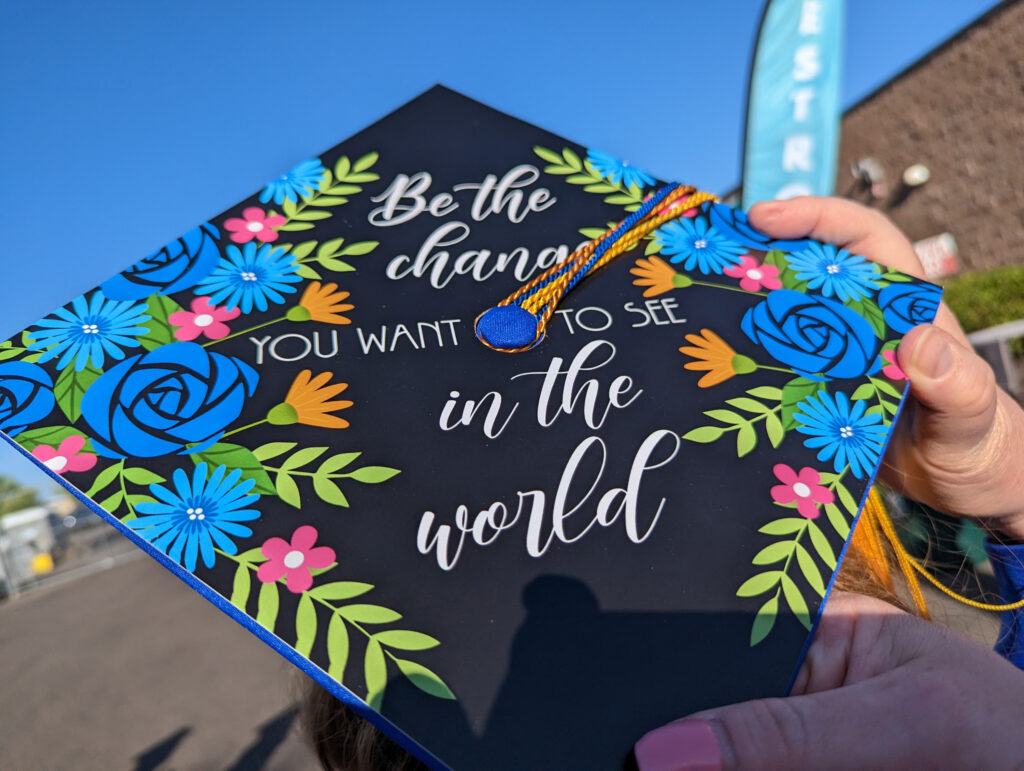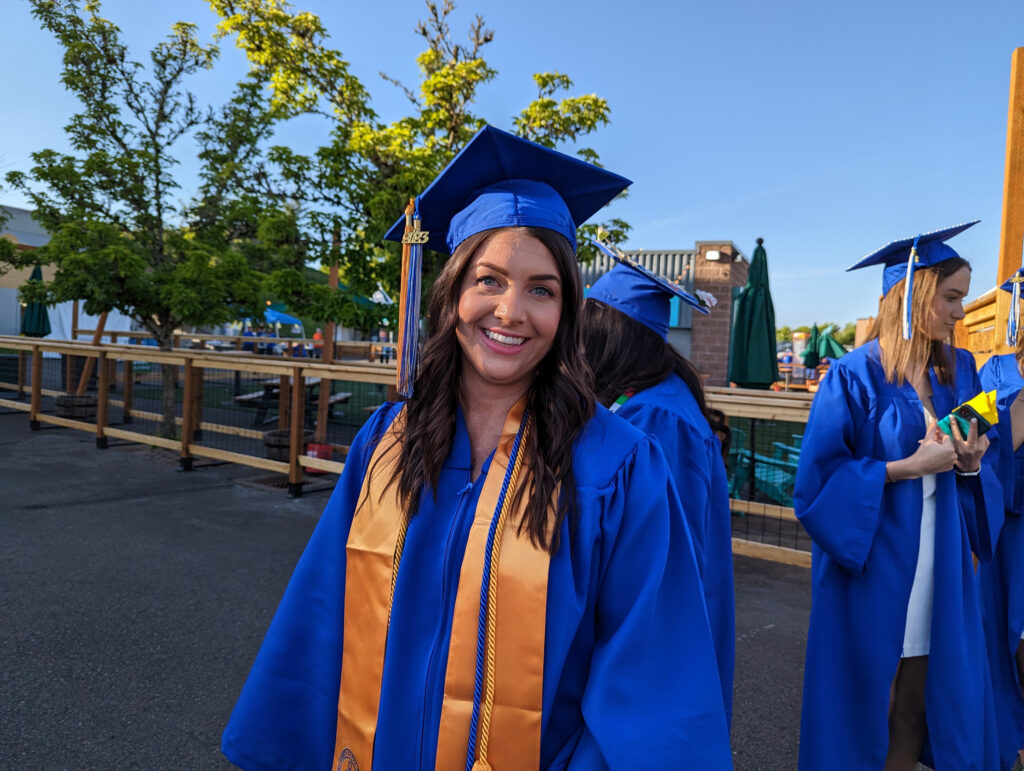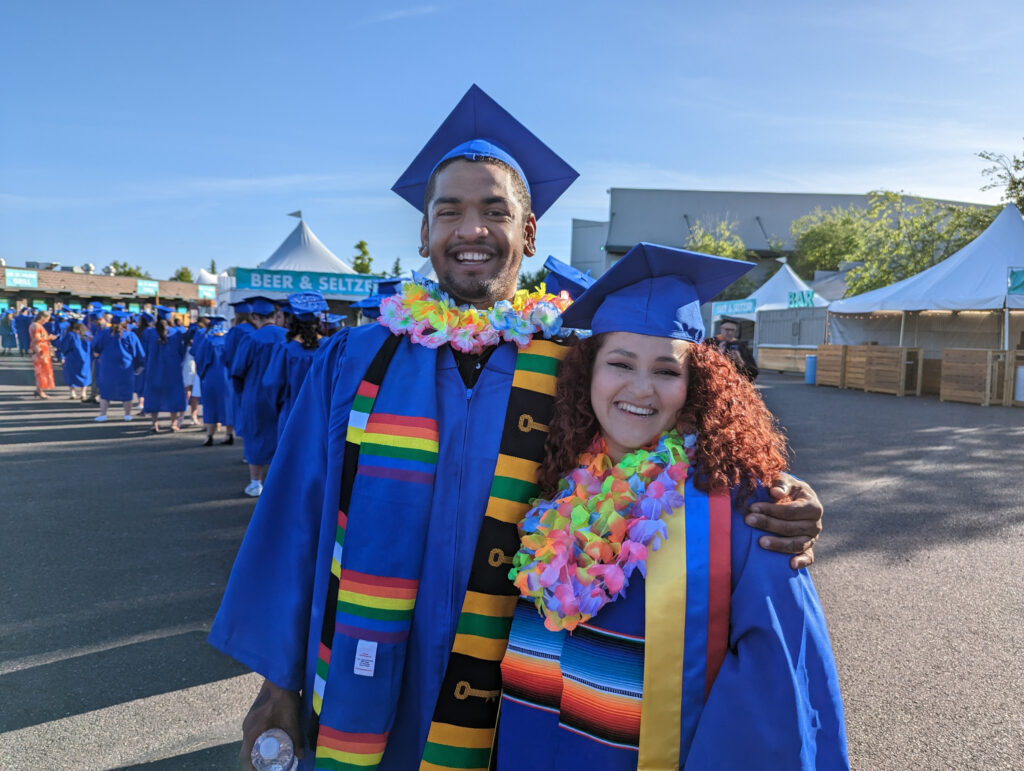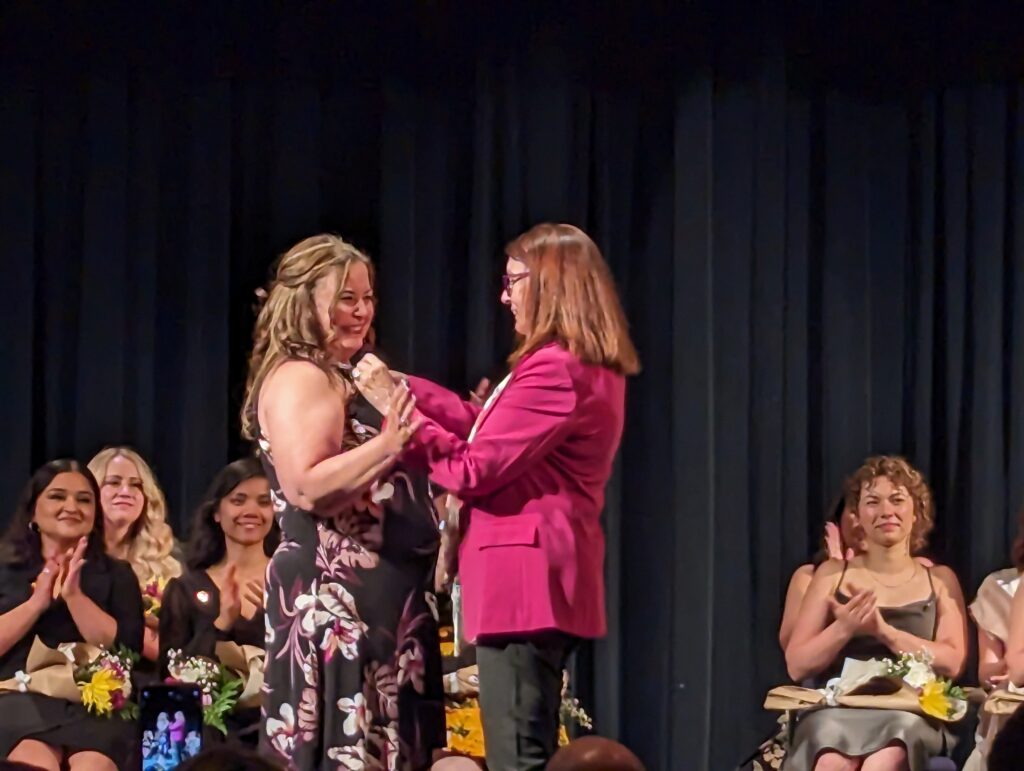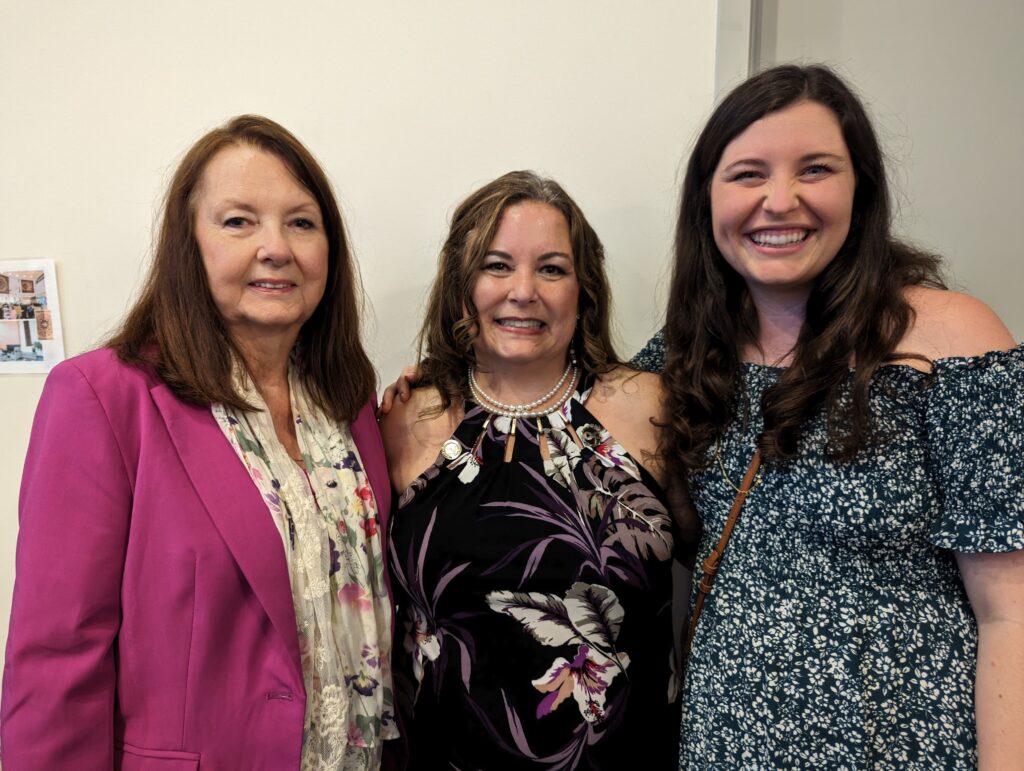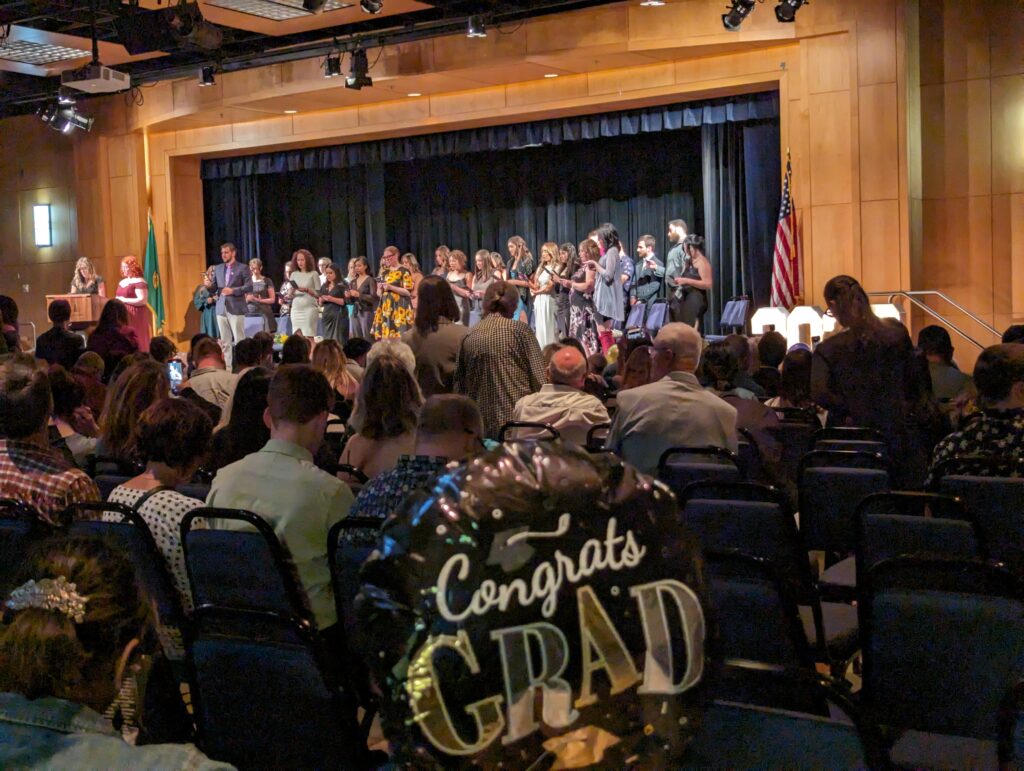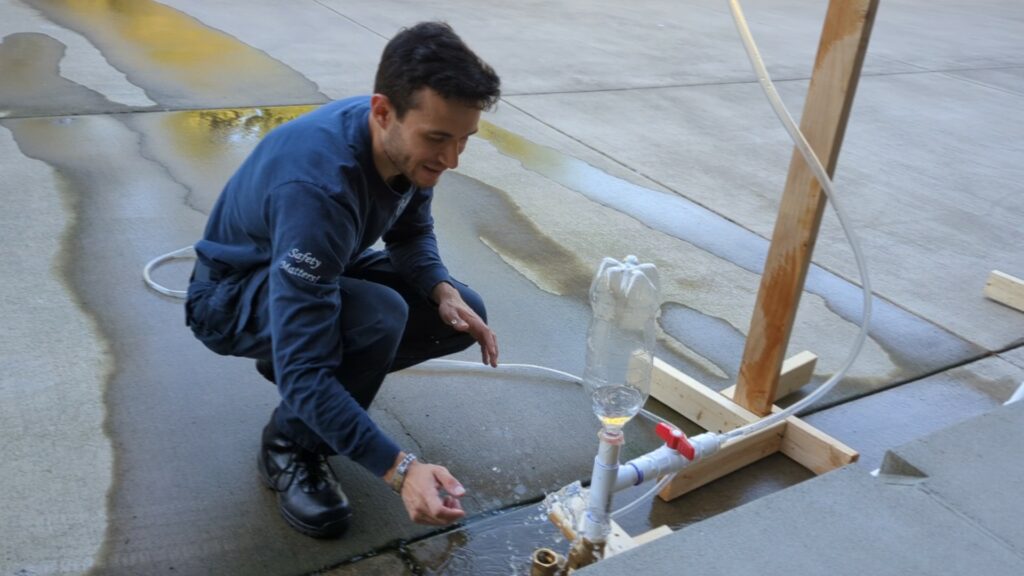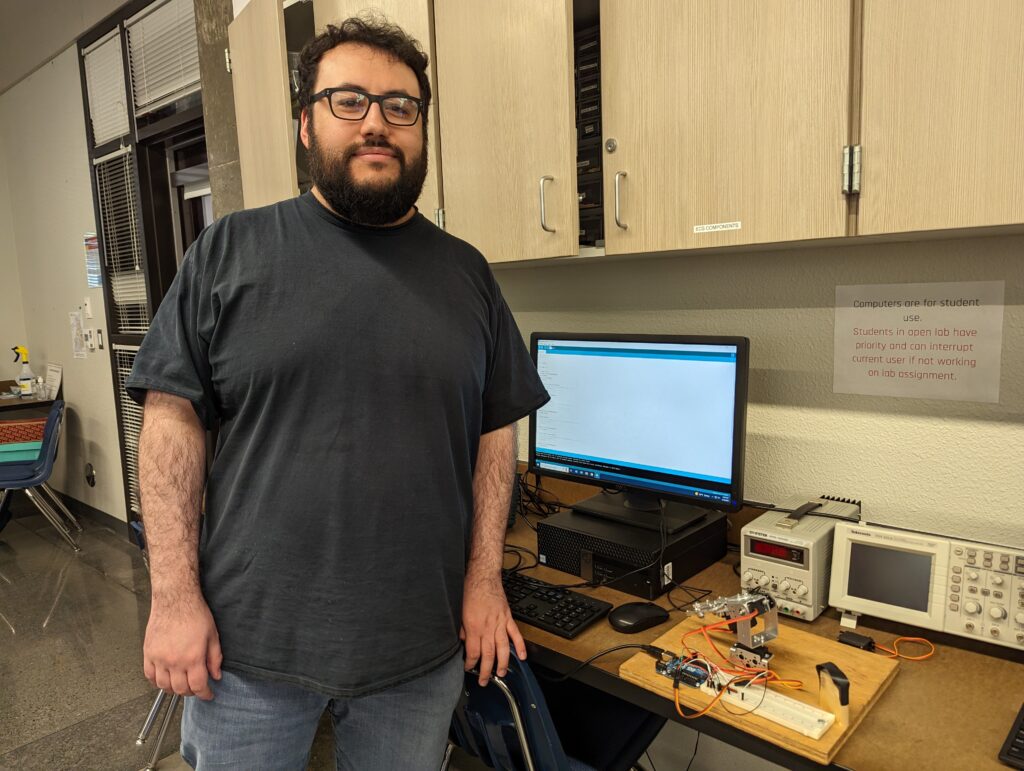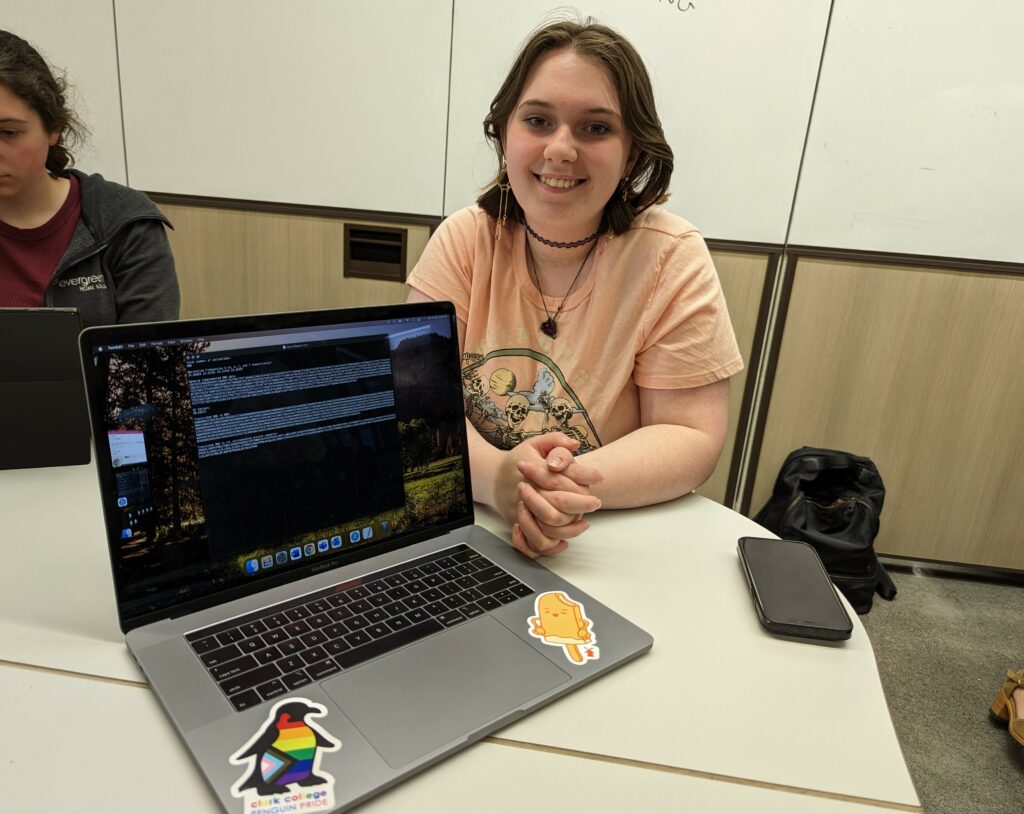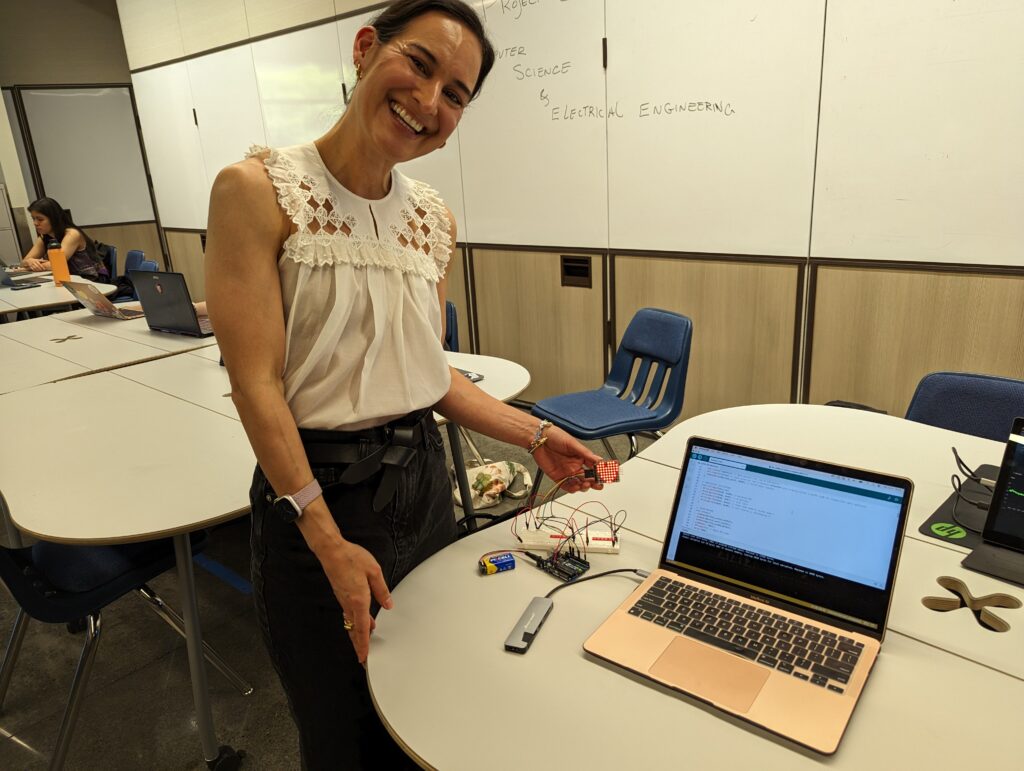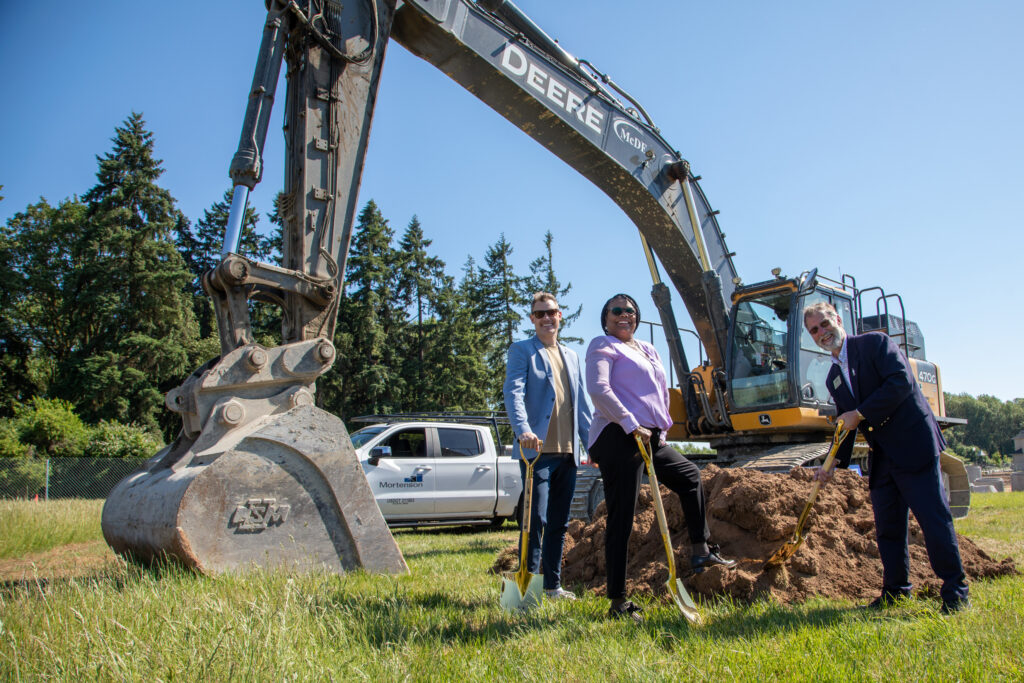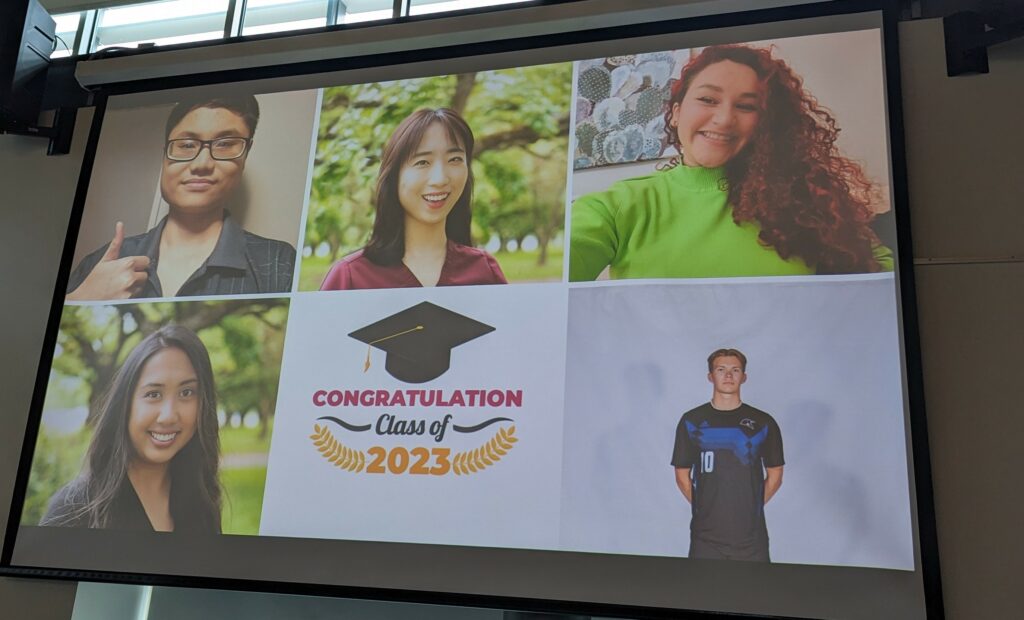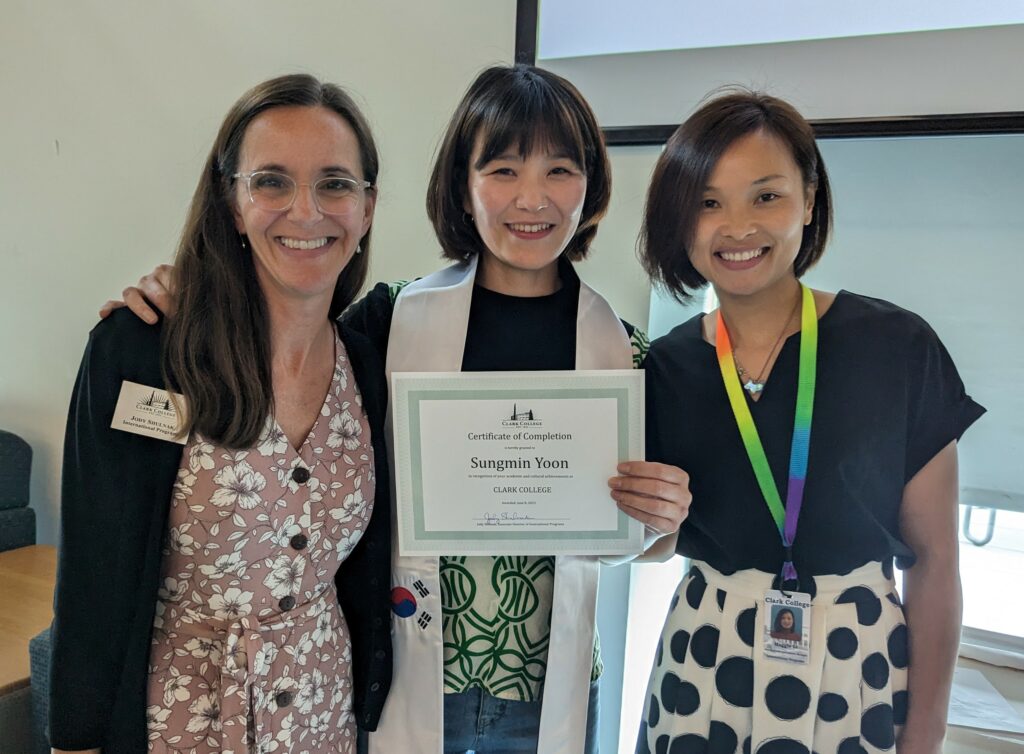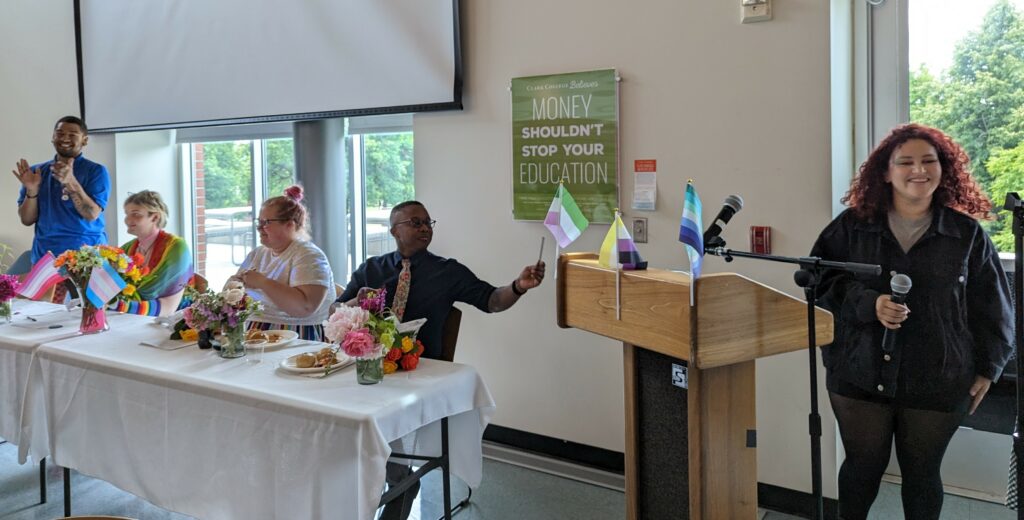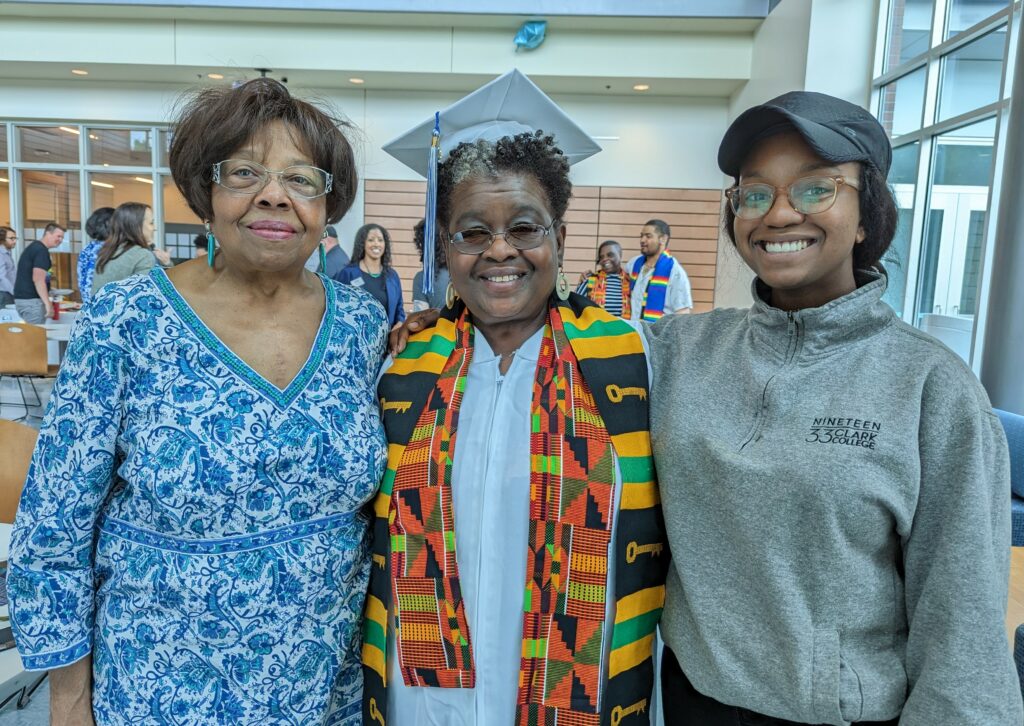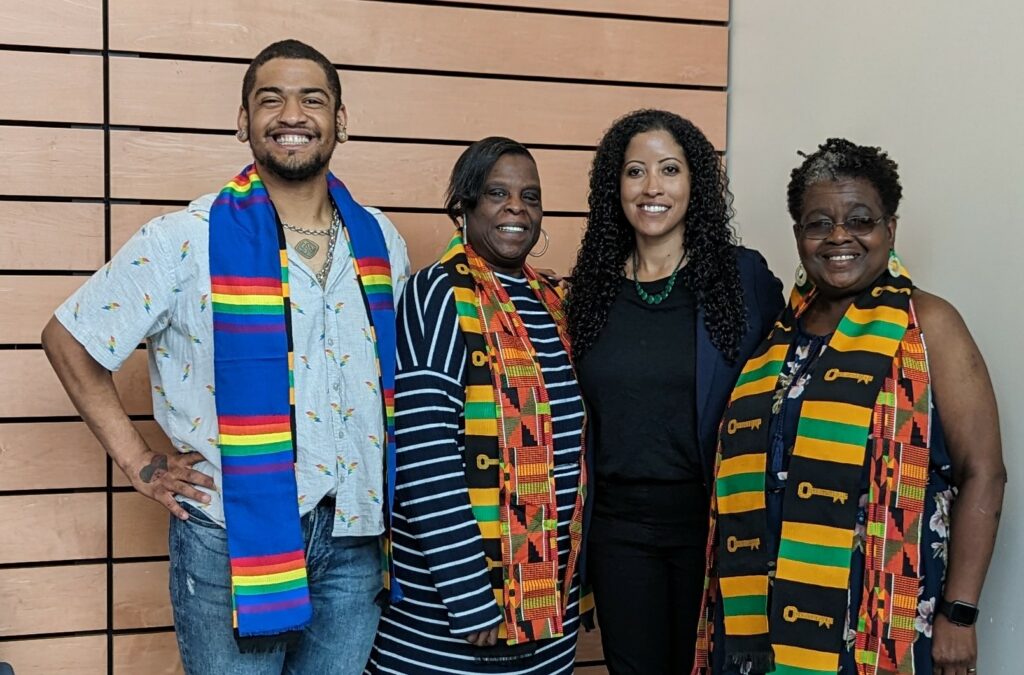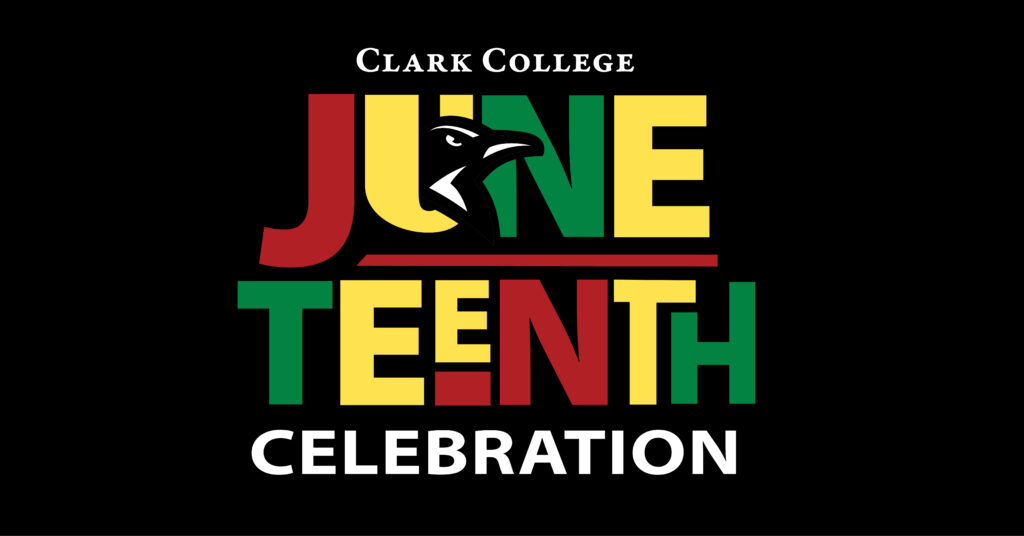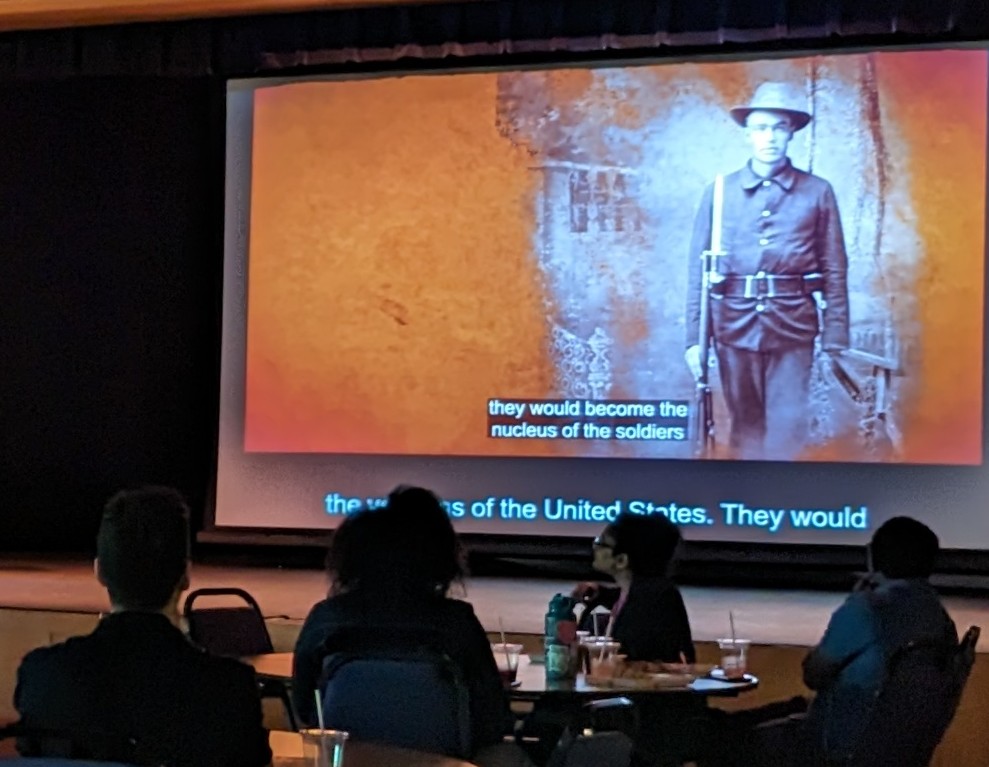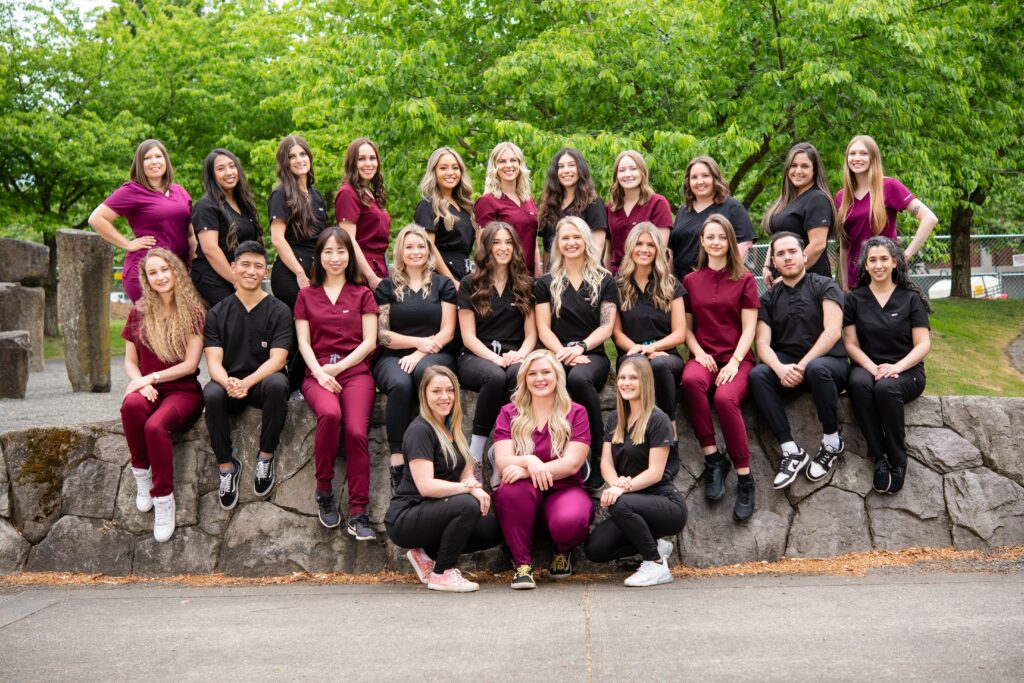Engineering
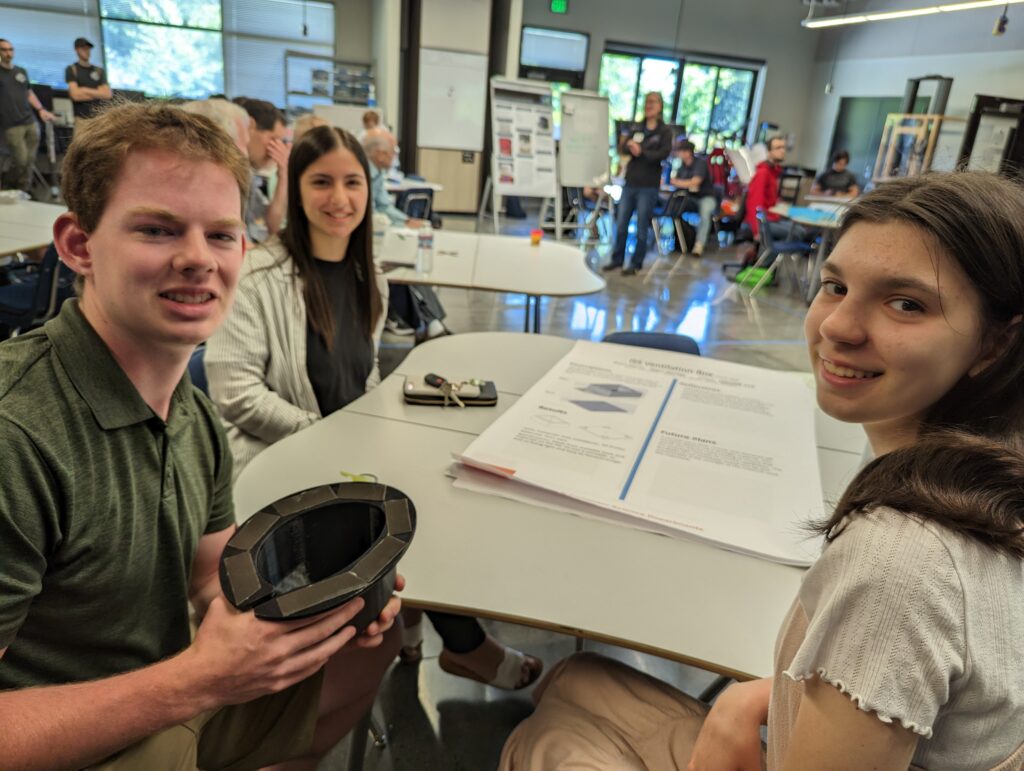
Every term, Professors Tina Barsotti and Carol Hsu pose a real-life problem to their engineering students and instruct them to design and build an object that solves the problem.
The last step of the project: During a three-hour competition, teams of students present their built project and then test it in front of their peers and judges from the community. Teams of engineering students competed in the challenge on June 6.
The topic of the 2023 spring competition, International Space Station Challenge, was proposed by Clark engineering alum Sarah Morgan. For the past decade, she has worked for Boeing in Houston ensuring engineering systems are working on the International Space Station.
International Space Station challenge
Sarah contacted her former professors with an idea for the competition that was based on a project her team was working on.
Problem to solve: On the International Space Station, a pressure ventilation valve is damaged. To keep astronauts safe, students must design and build a temporary protective cover.
Sarah met with Clark engineering students via Zoom to answer their questions about the project.
“Our students were really excited about this project and got a chance to talk with an engineer with real life experience with the International Space Station,” said Professor Hsu. “Students also gain invaluable experience working with teams to solve problems.”
The Challenge
Sarah presented the challenge to the engineering students: “On the International Space Station (ISS), keeping a module pressurized is very important, but it’s also important to keep the pressure inside the station from getting too high. With this need to balance pressure in a specific range, there are ventilation lines/valves that go from the inside of the Space Station to the outside and ‘pop off’ at certain pressures.”
- The immediate problem: “One such line/valve has been damaged and an exposed portion is in an area that puts it at risk of being kicked by crew. If kicked, the vent line could become a hole from the inside of the pressurized module to the vacuum of space.”
- Problem statement: How might we design a temporary ventilation valve cover that can be assembled and disassembled and be able to withstand a 12-pound kick force?
- Working toward a permanent solution: A design team is working on a permanent solution to protect the exposed portion of this line. However, the design project is expected to take several months to develop and build before it can be flown on a supply vehicle.
- Students create a proposed temporary solution: “In the meantime, to ensure the safety of the astronauts on the ISS, an immediate temporary protective cover is required.”
Design a Solution
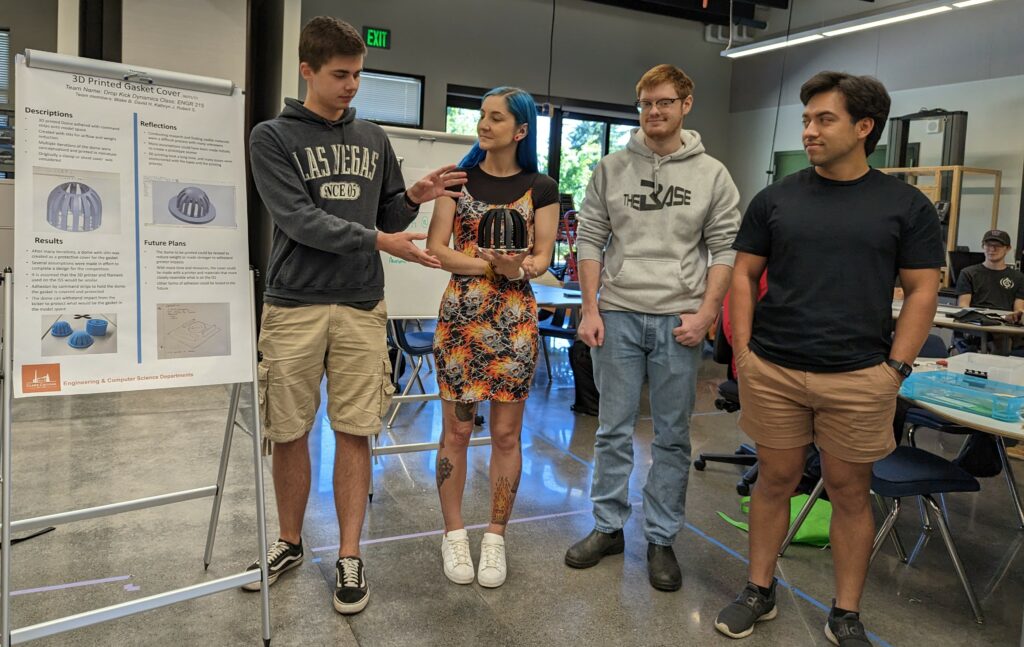
Students chose their team names, which included Space Penguins, Drop Kick Dynamics, and the Three Astroneers, to name a few.
Teams got to work designing a proposed temporary solution. Students chose various materials to build their valve covers: cardboard, block foam, aluminum, and polylactic acid (PLA), a popular material used in desktop 3D printing. Designs ranged from a trampoline-inspired fabric cover to a 3D-printed dome.
At the competition, each team took a turn standing in front of their professors and peers to explain their solution. Then came the moment of truth—testing what they had built. Two engineering students conducted the test of striking the design with a long-handled metal sledgehammer set to impact at a certain degree. Which designs would fail? Which designs would remain intact and protect the valve?
Top Three Teams
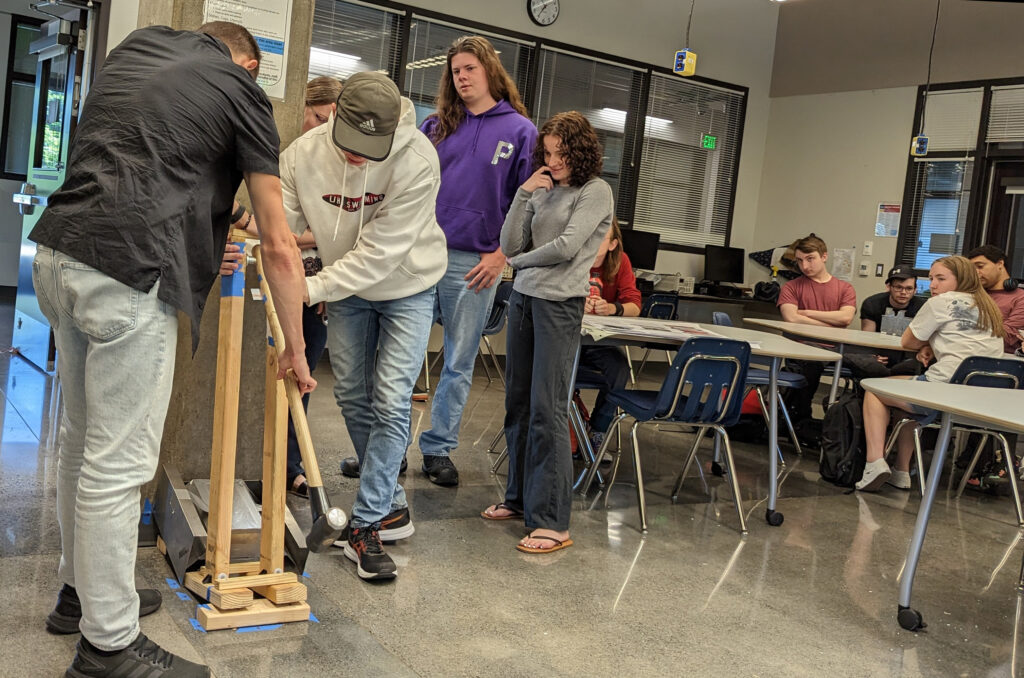
Professor Hsu said, “Winning the engineering competition earns the team bragging rights!”
The top three teams, in no particular order:
Team: D-Something
Students: Zane Bohyer, Caelan Heimbuch, Todd Karlsen
Project: Padded Wrench Frame
Team: Aerospace and Friends
Students: Clark Hegewald, Tyler Lawrence, Jack McMahon, Osvaldo Monroy
Project: ViceGuardian ValveArmor
Team: Stariod Engineers
Students: David Bogdanov, David Albulov, Gregory Wanner
Project: Tin Can Cover
About Sarah Morgan
When Sarah was enrolled in the engineering program at Clark College, she was president of N.E.R.D. Girls (Not Even Remotely Dorky) and was involved in the Engineering Club. After she earned an Associate of Science, Engineering transfer degree at Clark in 2011, she earned a Bachelor of Science in mechanical engineering at WSU Vancouver in 2013.
Immediately after Sarah graduated, she was hired by Boeing in Houston as a structural analysis engineer on the International Space Station’s structural integrity team. She has worked at Boeing for a decade. Since 2021, she has been the ISS mission evaluation room manager, leading and integrating engineering systems for operational success.
Read a story about Sarah Morgan in WSU’s Crimson and Grey Magazine here
Photos: Clark College/Susan Parrish
